
Many adolescent girls in Lira face severe challenges, including gender-based violence, poverty, and displacement, which leave them vulnerable and socially marginalized. Without access to proper education or vocational skills, they struggle to break free from cycles of dependency and exploitation.
The Skills Rehabilitation Program at the Home of Hope addresses these issues by providing vocational training in tailoring, jewelry making, shoemaking, bakery, and poultry farming.
Through mentorship and psychosocial support, the program helps 15 adolescent girls develop self-reliance and trauma recovery. Graduates receive startup kits to enable them to pursue safe, income-generating activities upon reintegration into their communities.
By empowering these girls with skills and confidence, the program aims to provide them with a pathway to sustainable livelihoods and a brighter future.
Many vulnerable children in Uganda, particularly those affected by poverty, HIV/AIDS, and conflict, are unable to access education due to financial constraints. Without school sponsorship, these children face a higher risk of dropping out, child labor, and exploitation, perpetuating a cycle of poverty.
The Schools Sponsorship for Vulnerable Children program seeks to address this problem by covering school fees, uniforms, and learning materials for 50 children from disadvantaged households. In addition to financial support, the program provides academic counseling and mentorship to ensure that children not only attend school but thrive in their studies.
Through this initiative, the program aims to improve school retention rates, academic performance, and overall well-being for some of the most vulnerable children in Uganda.
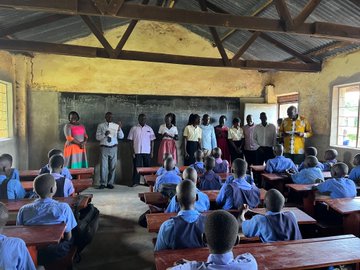
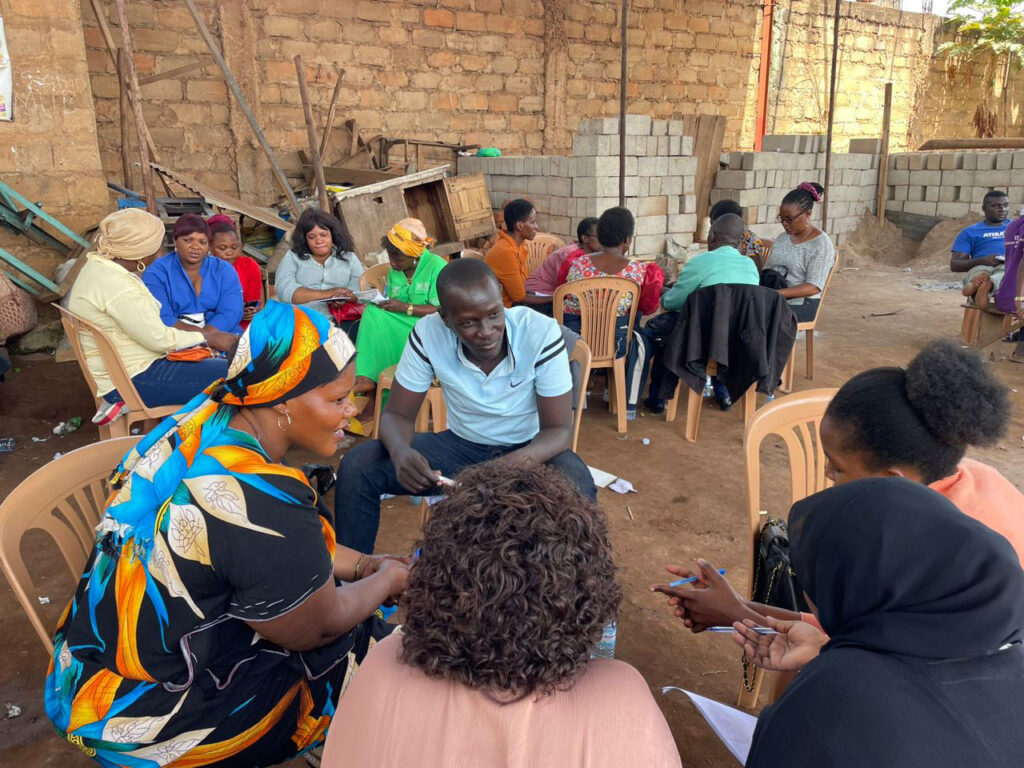
Many vulnerable households in Lira are unable to meet their basic needs due to extreme poverty and lack of income-generating opportunities. These families often rely on precarious jobs or aid, which are insufficient for their long-term survival.
The Livelihood Support (Cash-Based) program aims to provide financial relief to 50 of these households through regular cash transfers. Additionally, beneficiaries receive training in financial literacy and business development to ensure the sustainability of the support.
By enabling households to manage their own resources and pursue small entrepreneurial activities, this project promotes self-reliance and resilience, allowing families to improve their livelihoods and reduce their dependence on external aid.
In rural Uganda, many women and youth face limited economic opportunities and financial instability, compounded by a lack of access to credit and savings. The Self-Help Groups (SHGs) initiative addresses this challenge by creating and strengthening community-based groups that foster collective savings, entrepreneurship, and empowerment.
Through training in group management and financial literacy, 100 women and youth from vulnerable households are equipped to build savings and access small-scale loans for income-generating activities. SHGs provide a platform for members to share resources, ideas, and support, helping to reduce poverty, increase economic independence, and foster social cohesion within communities.

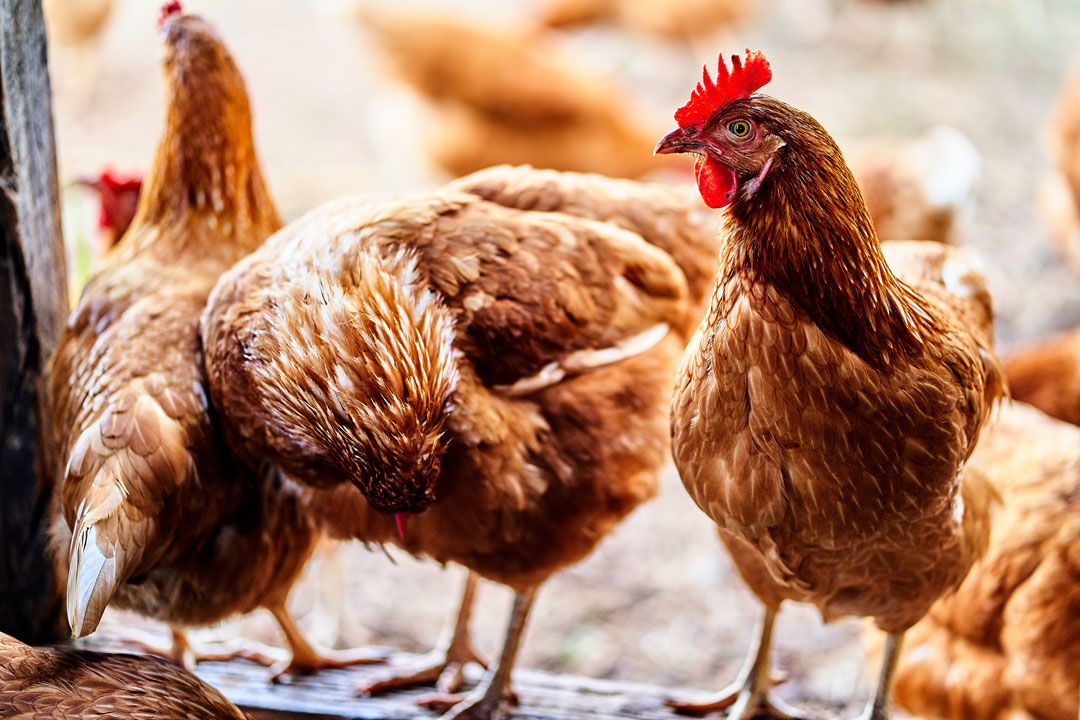
Food insecurity and a lack of vocational skills are common challenges faced by adolescent girls at the Home of Hope, many of whom have been displaced or are survivors of violence. The Poultry Project at the Home of Hope seeks to address both issues by establishing a sustainable poultry farming initiative. The project involves constructing a poultry house, rearing 500 layer hens, and training the girls in poultry management and marketing.
The poultry farm provides a consistent source of eggs, improving food security at the Home of Hope and generating income to support its operations. Additionally, the hands-on training in poultry farming equips the girls with valuable skills that can be utilized for future livelihoods, promoting self-sufficiency and empowerment.
Many schools in rural Uganda suffer from poor infrastructure, including dilapidated classrooms, inadequate sanitation facilities, and a lack of essential learning materials. These conditions hinder students’ ability to learn and contribute to high dropout rates. The Schools Renovation Program seeks to improve the learning environment for 1,000 students by renovating classrooms, latrines, and water systems in five rural schools.
The project also provides furniture and essential materials to create a safer, more conducive environment for learning. By enhancing school facilities, this program aims to increase enrollment, improve academic performance, and encourage students to stay in school, ultimately contributing to better educational outcomes for vulnerable children.

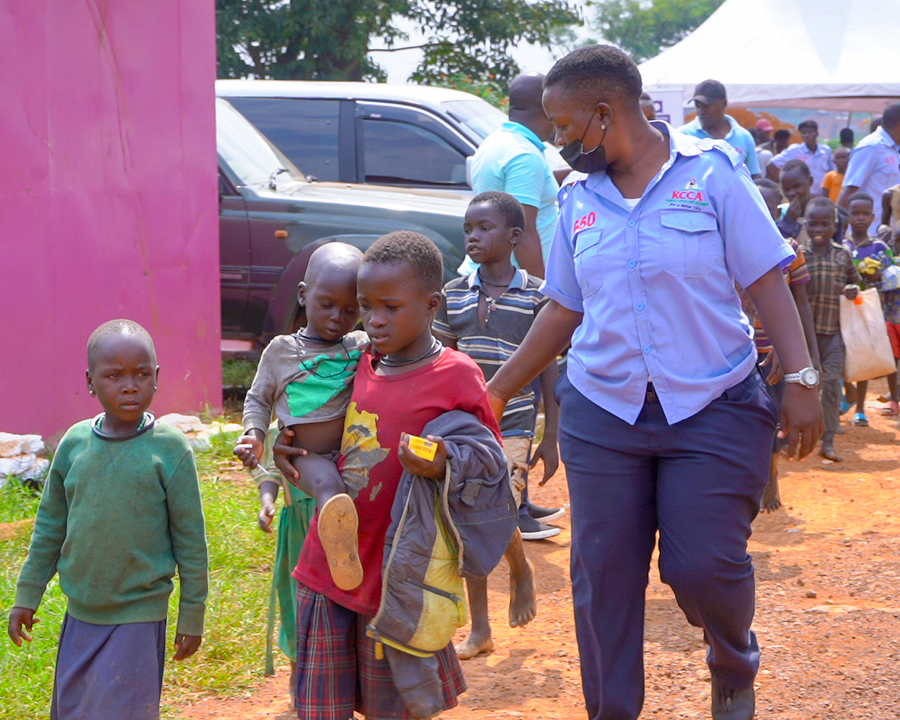
Children in conflict with the law in Uganda face numerous challenges, including limited access to legal representation, social stigma, and a lack of rehabilitation opportunities. Without proper intervention, many of these children risk recidivism and further marginalization. The Emergency Support for Children in Conflict with the Law project provides essential legal aid, psychosocial counseling, and alternative rehabilitation to 30 children currently in juvenile detention.
In partnership with local authorities, the program also offers vocational training to equip these children with the skills they need for reintegration into their families and communities. Through this holistic support, the project aims to reduce recidivism, ensure justice, and provide opportunities for these children to lead safe and productive lives.
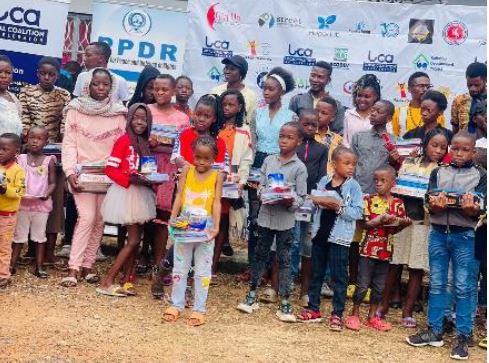
In February 2023, CAP AIDS Uganda got an education emergence referral, from Joyeux Mugisho the Executive Director, People for Peace and Defence of Rights (PPDR) In Makindye Division. He informed us that there were 148 refugees who were stack at home because they lacked scholastic materials to join school and most of them lacked writing materials making them use one book for all subjects. So we as CAPAIDS Uganda met with PPDR and requested them to talk with the school’s administrations to allow these pupils study, as we plan to extend our support under JAP II. On Saturday 1st Apirl, 2023 we will to donate these materials to 115 Pupils because along the way 33 Children got support from other partners.
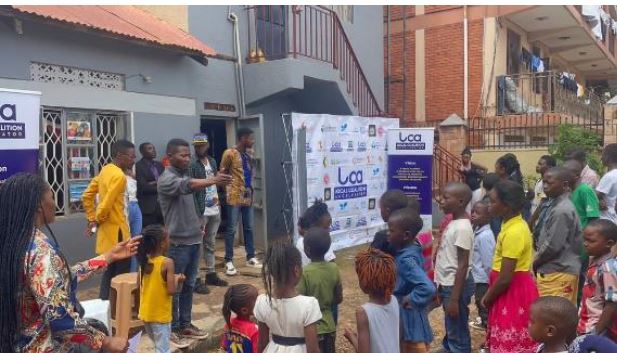
305 Household (200 Urban Refugees and 100 Uganda Nationals) were supported in this intervention.
This intervention involved the following; 5 days Community Needs Assessment in Banda (Nakawa Division), Makindye and in Kisenyi (Central Division). Where a total of 517 Households were assessed.
Distribution of the Funds were made to 305 Households at Ugx 206,000 per household
Summary Breakdown; Total Assessed | Selected | Nakawa | Makindye | Somali | |||||||||||
517 | 305 | D | IND | D | IND | D | IND | ||||||||
115 | 500 | 81 | 342 | 109 | 663 | ||||||||||
Key D= Direct Beneficiaries IND= Indirect Beneficiaries | |||||||||||||||
Challenges included missing or incorrect contact information for 10 households, Overall, the program was successful in providing direct financial assistance but faced challenges requiring improvement for future initiatives.